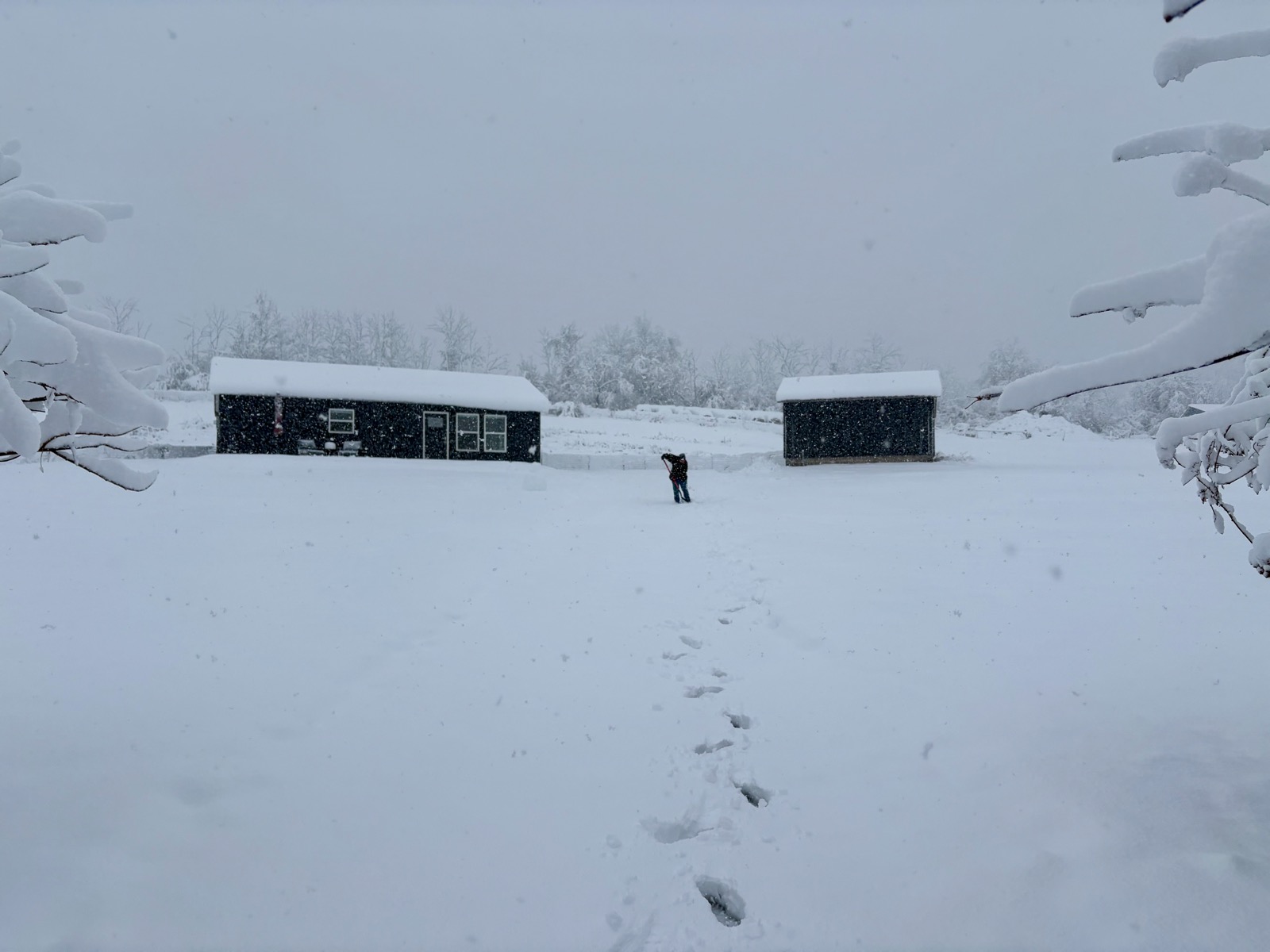On Sunday night, out of boredom perhaps, I scanned the offerings of the TED app on the AppleTV. One I watched resonated so strongly with me, it genuinely excited me. It offers a new dimension on something that I've been writing about, off and on, for many years now, and that is meaning.
I think meaning is important, because I think the absence of meaning in the lives of far too many people is what's behind so many of our societal and political ills. Especially the political ones.
As children, I don't think we were exposed to the idea of meaning. We had Aesop's Fables, and "the moral of the story," but I don't think we ever examined the value of meaning. Even the fables were more about living a "moral life," but did we ever talk about the value of that? Only in the context, I suppose, of "going to Heaven and not, presumably, to hell. Our reward, or punishment, was in the "after-life," not this one.
But as children, we were exposed, constantly and relentlessly to messages about achievement, about desire and acquisition, about competition and rank. We were saturated in these messages, and children today still are. We relentlessly observe each other, in part I suppose, in the traditional sense of getting to know other people. To make friends, or to learn who our enemies are. But mostly, I think, to compare ourselves with others.
And we're indoctrinated into the dominant narrative of what the "good life" is, the "American dream." A good job, a house in the 'burbs, 2.3 kids (less I suppose now), a nice car. A new phone every year. Promotions. Bonuses. Consumption. Travel. FOMO and YOLO. Producing, filming, photographing, editing and starring in our own stories streaming in the feeds. Getting the likes, the shares, the followers.
But eventually comes the crisis. And what happens then?
If you're lucky, you come out the other side as a different person. You have some clearer idea of what is meaningful, what matters.
If you're unlucky, you double down. "It'll get better when..." is a familiar phrase to me. It'll get better when I make CEO. It'll get better when we get acquired. It'll get better when I get elected to office. It'll get better on this new platform. It'll get better when I get elected to higher office.
You keep pursuing "better" achievements, more money, a younger wife, a fancier car, more followers. You run harder, work harder, because if you stop, the void is there and it's terrifying. And that'll work for some people. Fear, even unconscious fear, is motivating.
And exhausting.
Or if you're unlucky, you'll self-medicate. Food, flesh and pharmaceuticals. Numb or intoxicated. Hide the void. Dull the void. Silence the silence by filling it with the sound of hedonistic bravado.
The void is the absence of meaning. Your life doesn't matter.
If you're very unlucky, you'll end your life.
People debase themselves pursuing illusions and delusions that will never offer the relief they've been promised.
"You matter," is the meaning of your life. You matter. Not because of your achievements, or your possessions, or your wealth, or your power.
Just you.
How much you matter depends on how much meaning you make. As a child, just being a child makes meaning for parents. Love makes meaning. Faith makes meaning. To simply be is to matter, to make meaning, for yourself and for others.
Anyway, I have much more to say about this, but I suppose you should probably watch the video.
It's worth your time.
Originally posted at Nice Marmot 08:06 Thursday, 5 December 2024












